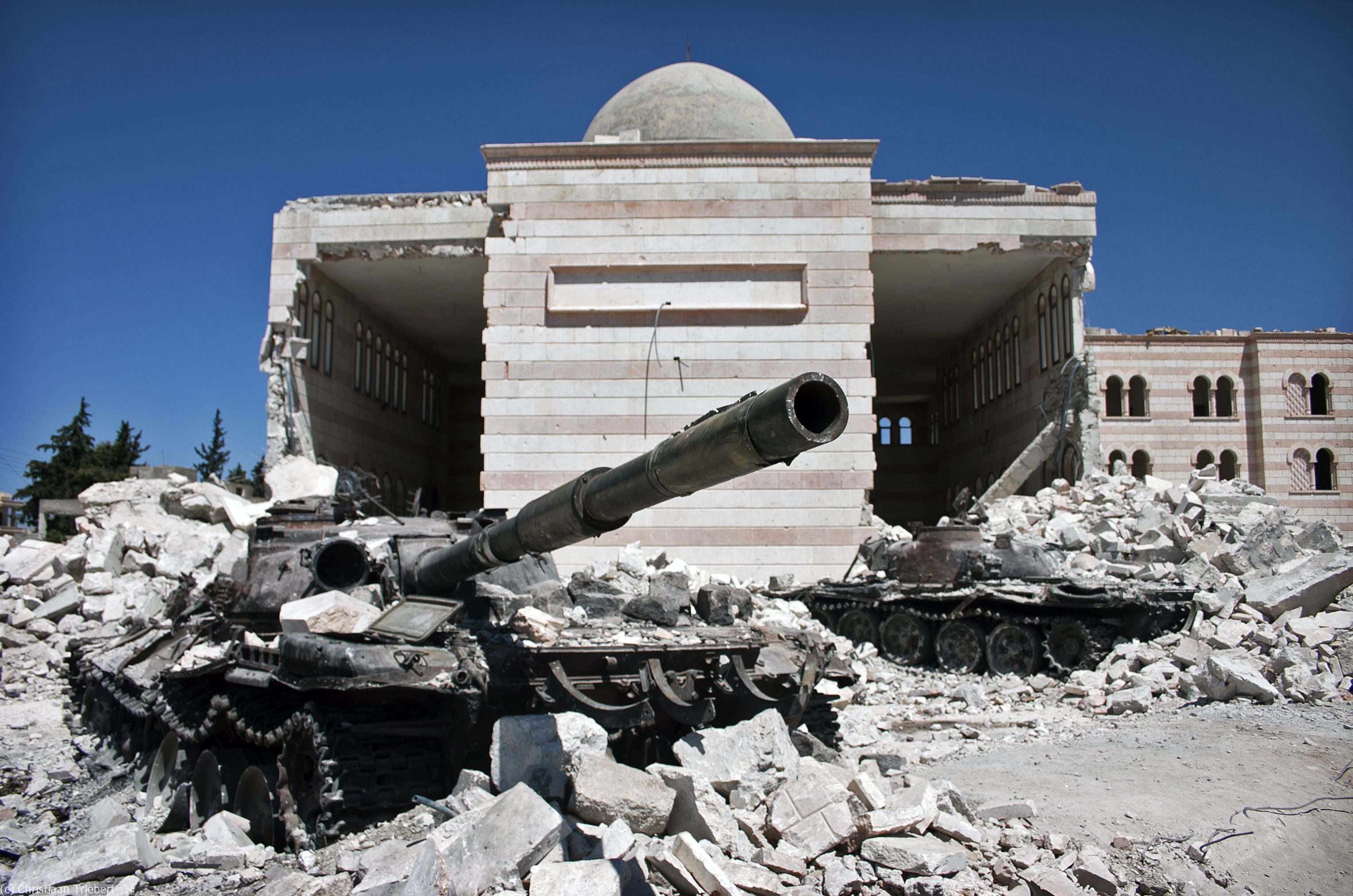By: Rachael Zipperer
In his State of the Union Address last week, President Obama tackled the most important issues currently facing our nation and touched on innumerable points in the process. Somewhere between the deficit and Newtown, after the minimum wage but before long voting lines, the president mentioned our veterans. He called for improvements to the healthcare, including mental healthcare, that the government provides to men and women returning from combat and for better access to educational and job opportunities as they reassimilate into civilian life.
The day before the address, Phil Bronstein’s in-depth interview with the member of SEAL Team 6 responsible for the death of Osama bin Laden appeared on Esquire’s website. The piece entitled “The Man who Shot Osama bin Laden… Is Screwed” details the ex-SEAL’s life after retirement. The man, referred to as “The Shooter,” is currently unemployed. The trauma he experienced during his time in the Navy makes him never want to carry a gun professionally again, and the secrecy surrounding the still classified mission prevents him from capitalizing on the story rights which have already made their way into lucrative movies, books, and video games. The only employment opportunity offered to him upon his retirement was a truck driving job that would require him to go into a witness protection-like program, leaving his family and previous identity behind.
He served on over 100 other missions during his time in the Navy and suffers from numerous physical injuries, but because he retired after 17 years of service instead of the required 20, he receives no pension, and because he chose not to remain on active duty or go into the reserves, he is paying for private health insurance. His mental health suffers as well. Even before the mission to kill bin Laden, The Shooter reported heavy drinking and suicidal thoughts at a mandatory psychological evaluation; his psychologist told him that those thoughts were “normal” and merely advised him not to drink so much.
Though this case deals with one of the most elite members of the military, and the circumstances surrounding his situation are unique, similar plights upon returning to civilian life are anything but rare among veterans who have fought in combat at any level.
Nationally, over 800,000 veterans are waiting for their disability benefits to be processed; the average time they have to wait is 273 days, and every day about 53 of them die before their claims are processed. The Department of Veteran Affairs also has a 14% error rate in processing these claims, so there is a good chance that after waiting close to a year for any help, disabled vets will have to wait even longer because of the VA’s mistakes. Last year Secretary Eric Shinseki pledged to eliminate this backlog of veterans waiting on disabilities claims, shorten the waiting period, and greatly decrease the VA’s error rate by 2015, but these problems have persisted for 20 plus years, and it seems unlikely they can be corrected in such a short time.
Twenty-two veterans commit suicide each day, meaning more of our men and women in uniform die of preventable deaths at home than at war. Considering The Shooter’s testimony that his suicidal thoughts were brushed off as “normal,” who knows how many of these suicides could have been prevented by proper mental health care?
American Veterans are disproportionately affected by homelessness as well. In 2010, veterans made up 10 percent of the overall population, but 16 percent of the homeless population, an increase from 2009. Homeless veterans are more likely to be disabled and to stay homeless longer than the rest
of the homeless population in the U.S. Again, the government has failed for years to take significant steps to correct this problem. For instance, the federal government has been sitting on land designated for sheltering veterans experiencing homelessness since 1888 in West Los Angeles. There is a plan to open a shelter there next year but with only 65 beds to accommodate the estimated 8,000 homeless veterans in that area alone. And although most of the veterans affected by homelessness are older veterans of the Vietnam War, the number is sure to increase as more troops come home from Afghanistan in the upcoming year.
In the United States, a country that puts so much stock in our national defense and strong military, how could we not invest in caring for the people who defend us after they return home? The President’s remarks in his State of the Union Address show concern – though he spent a much greater amount of time rejoicing in the deterioration of al Qaeda and celebrating the return of our troops from the Middle East than reflecting on what will happen when they get home. The actions taken by Michelle Obama’s and Dr. Jill Biden’s Joining Forces Initiative make an effort (but mostly just a gesture) to help correct the problem. The destitution experienced by so many of the men and women we consider heroic protectors of our freedom goes to show the harsh reality that war often damages individual lives beyond repair. At this point, most efforts seem too little too late to do anything to fix a broken system that leaves our veterans emotionally and physically broken by war, without the resources to heal.

